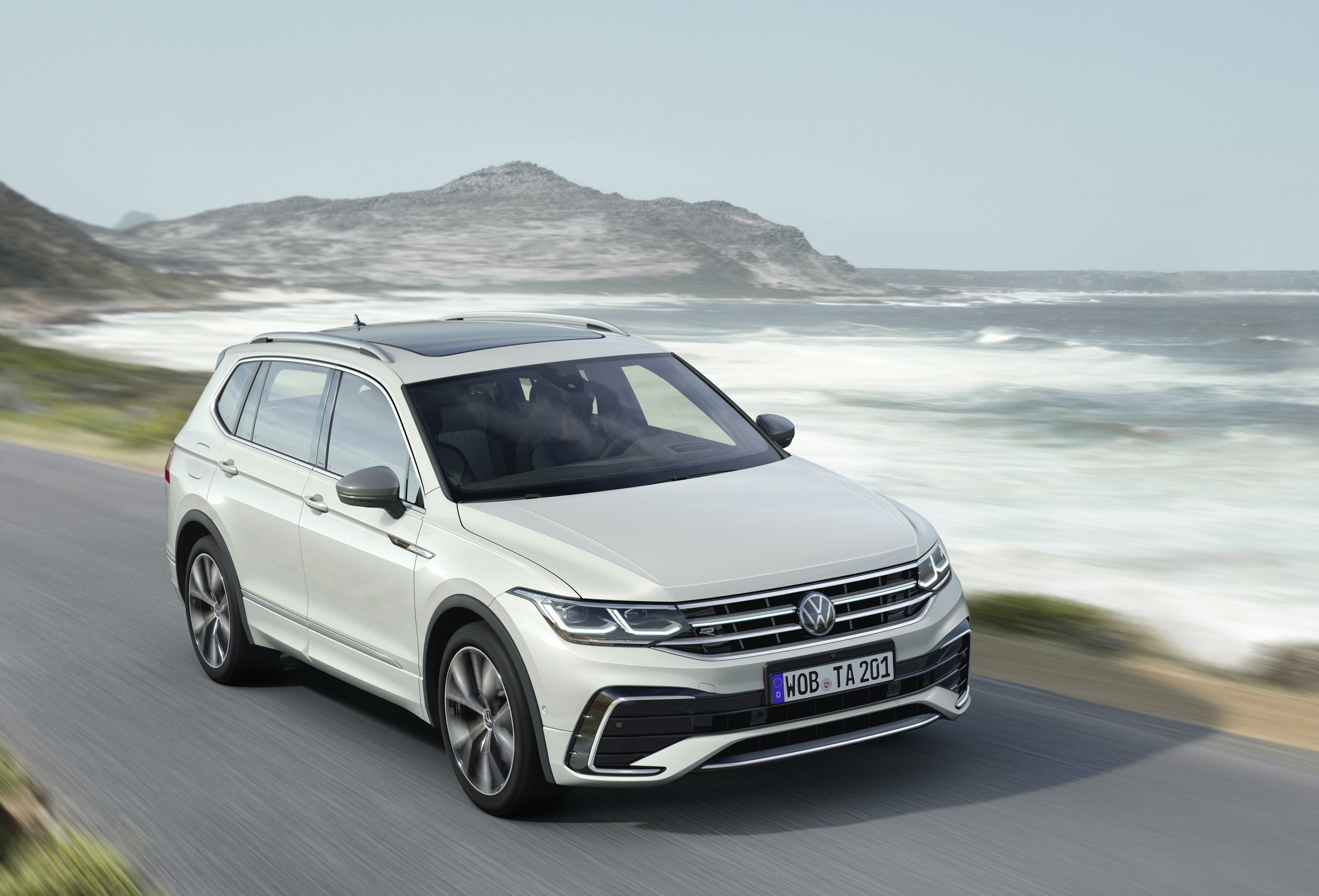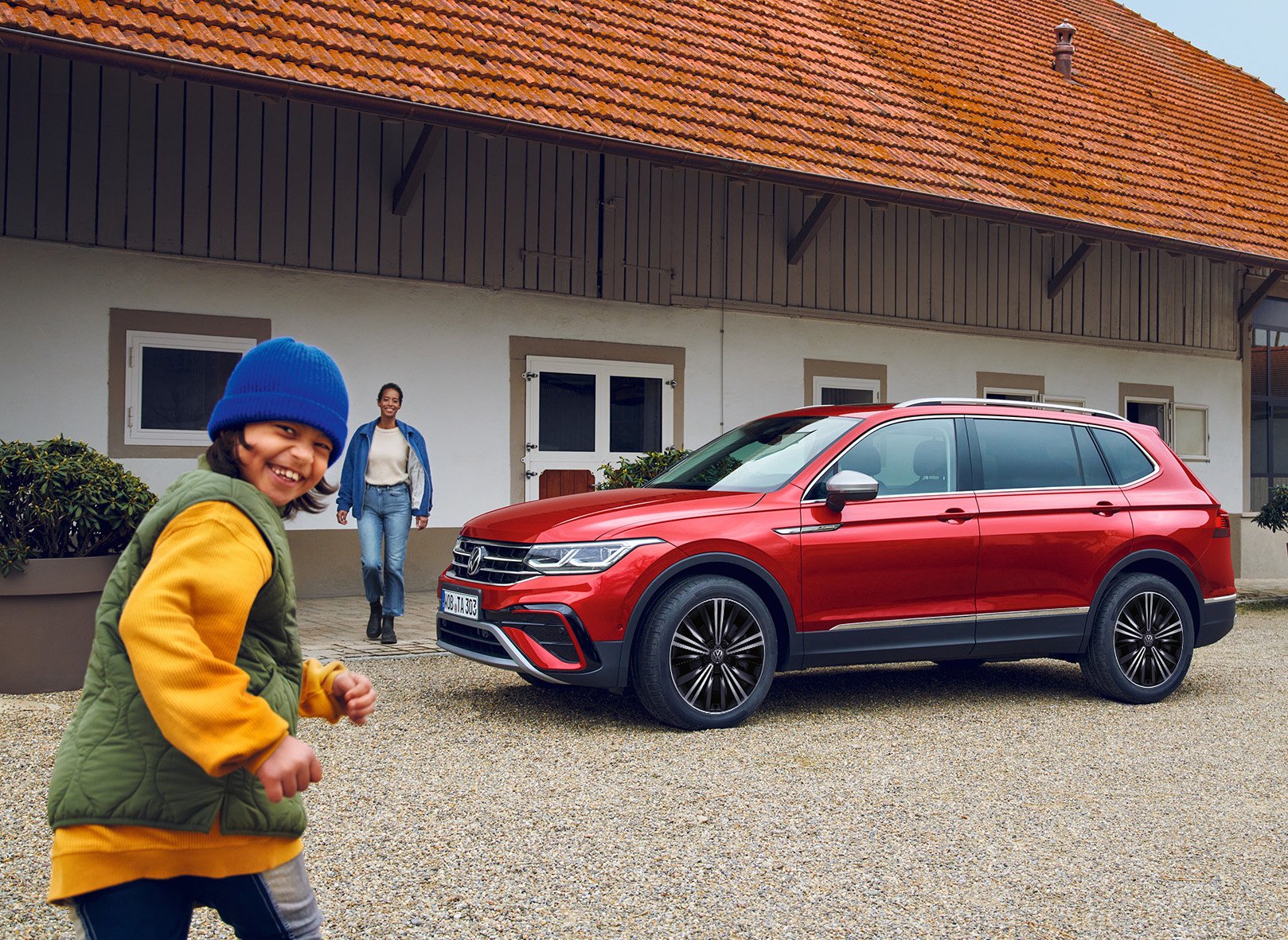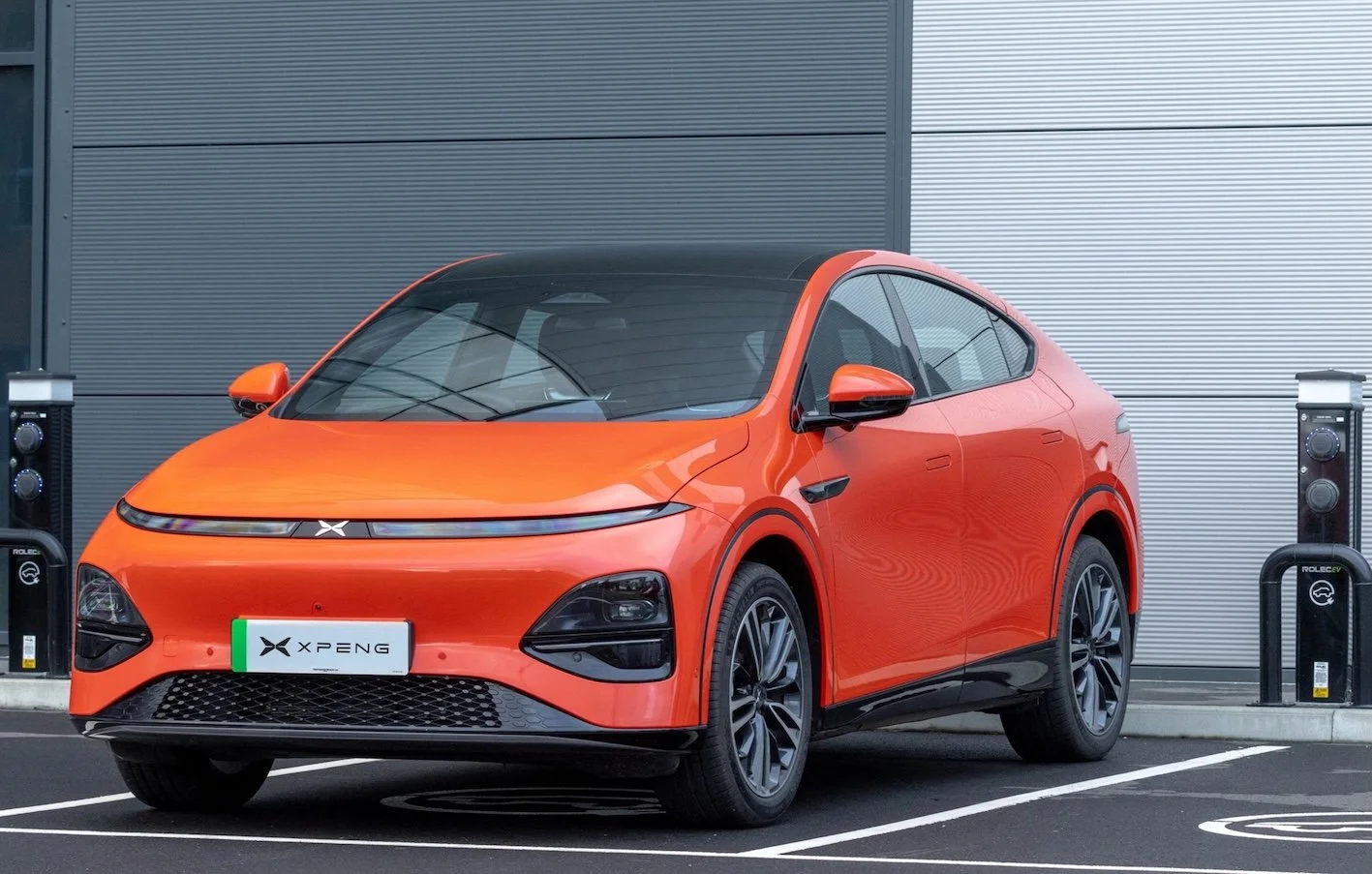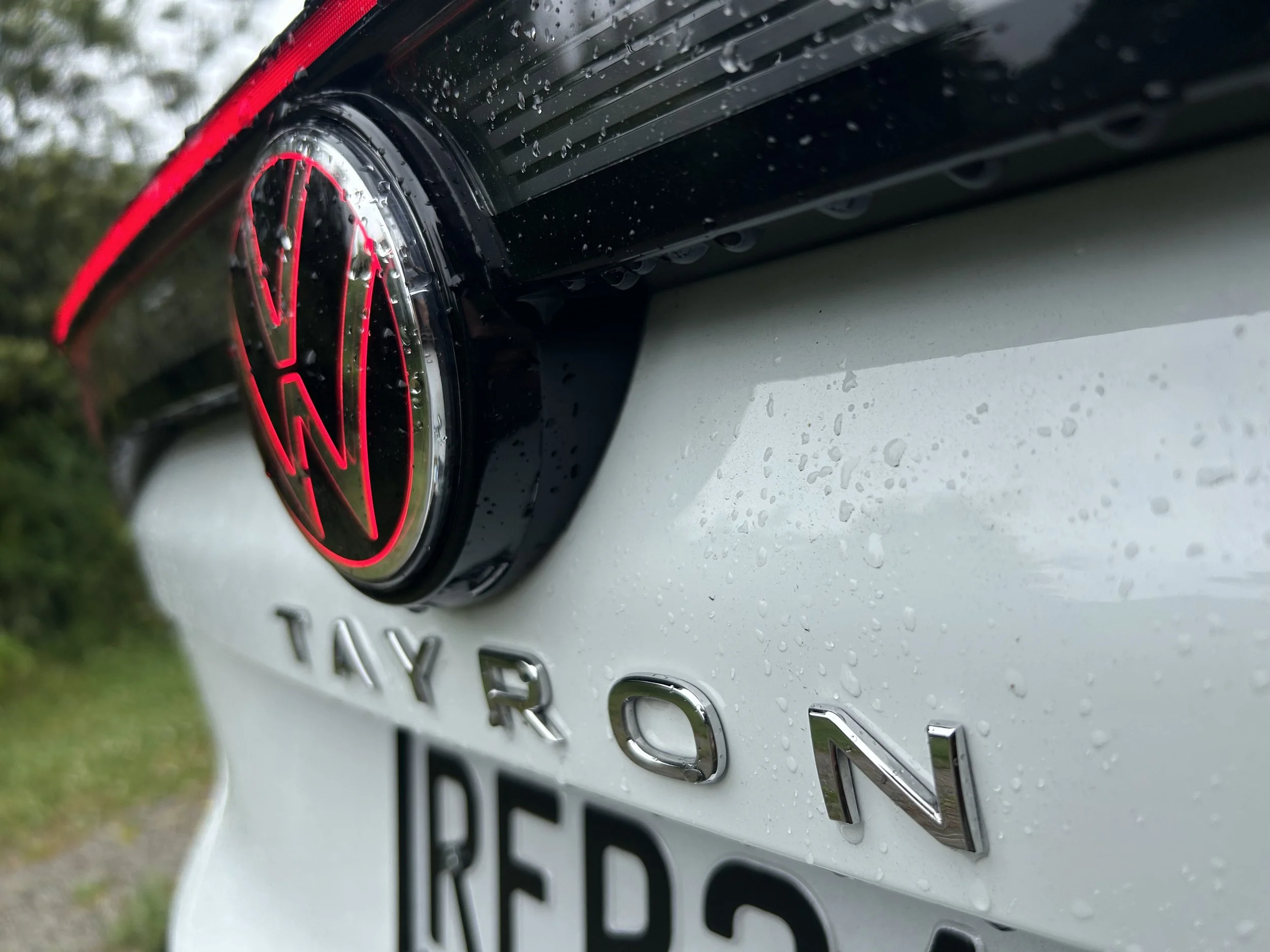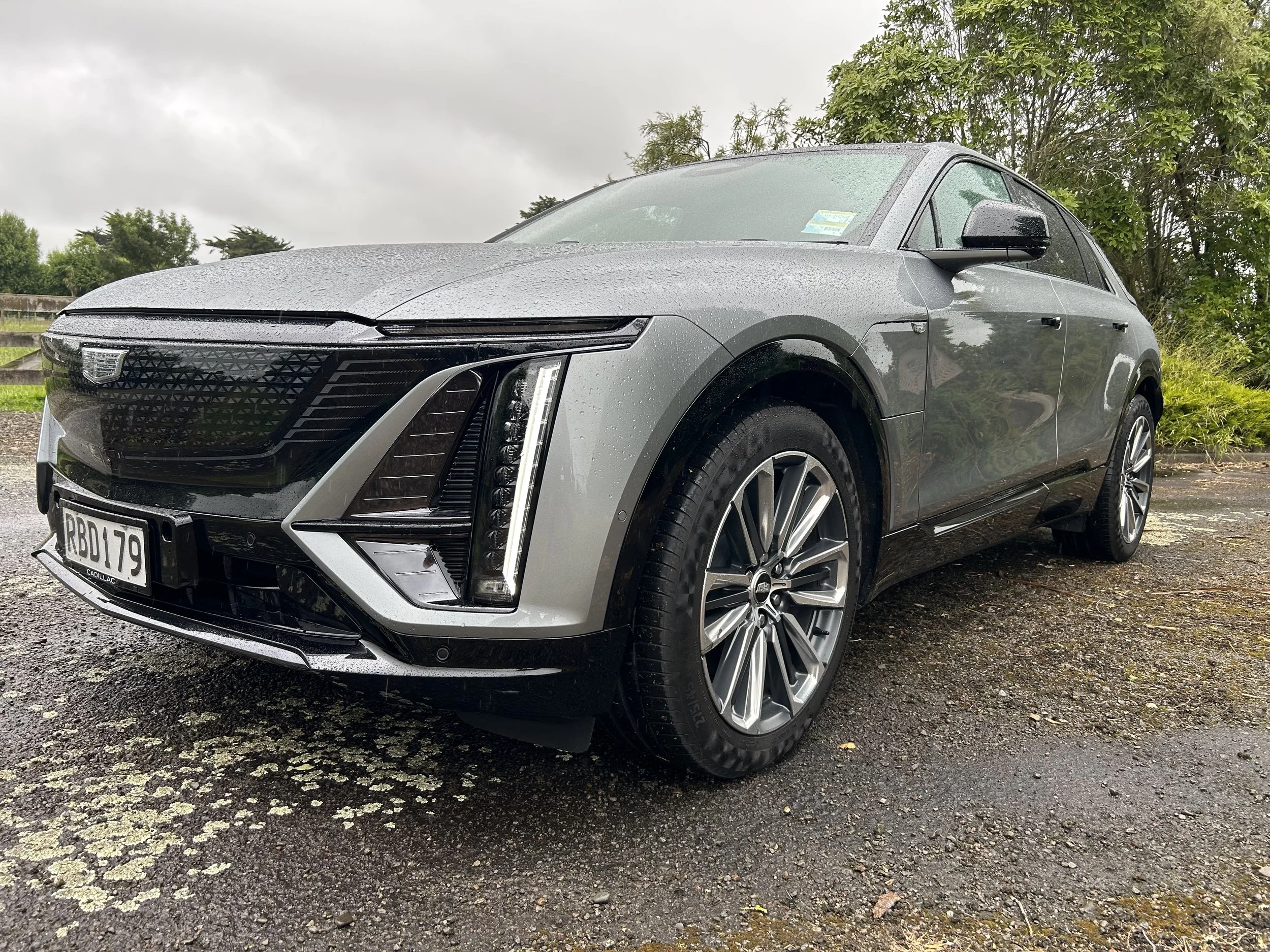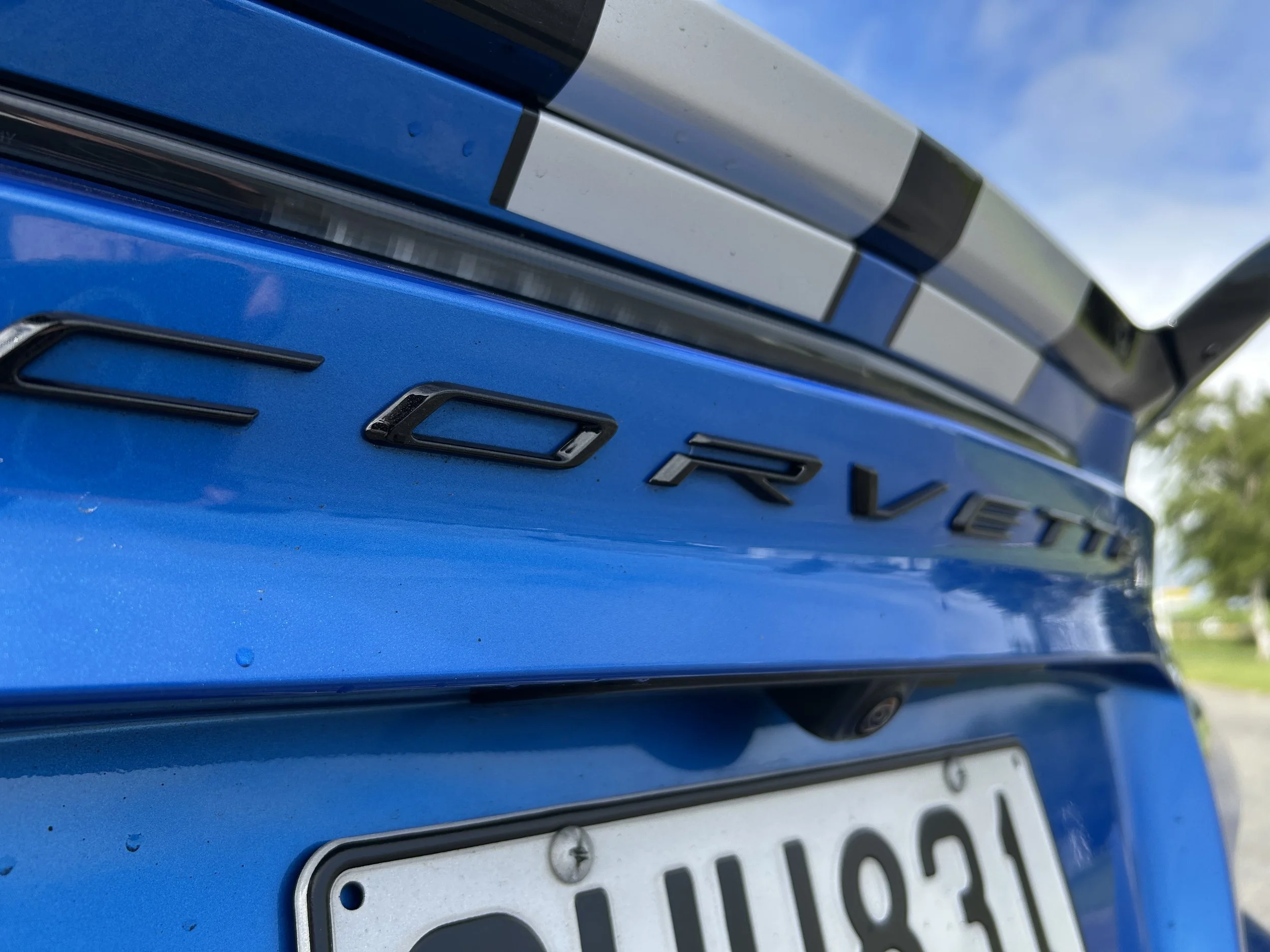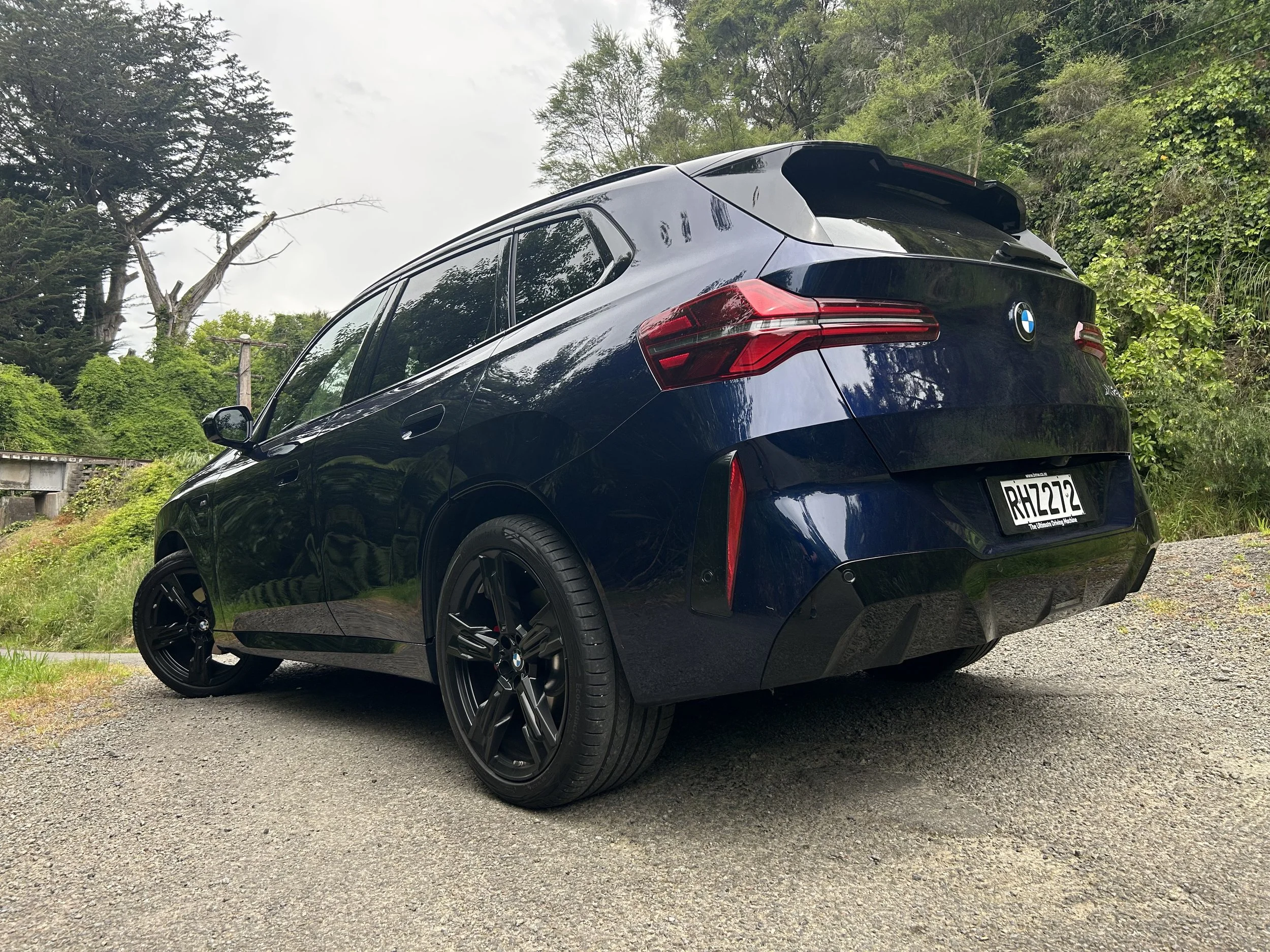VW product plan amended, not abandoned
/Some models are coming later than first hoped, but overall factory and distributor are winning the battle.
EFFECT from the supply chain chaos and computer chip unavailability that has slowed Volkswagen’s manufacturing worldwide has reshaped the local rollout timing for several key models, but while some are delayed none have been derailed.
That’s the assurance from Greg Leet, general manager of Volkswagen Passenger Vehicles here, in adding to comment in relation to release planning for the Tiguan sports utility in its seven-seat Allspace format (pictured).
In voicing belief that disruption from coronavirus has hurt VW as much as it has any other car maker, Leet nonetheless remains confident that his operation is weathering the storm well and says the factory supply line will never disrupt to point where stock exhausts.
The availability of the new seven-seater generation of the Tiguan, a car that has been hugely popular in its past representation, gives an idea of the challenges.
VW New Zealand this week announced that the three seating row edition it had hoped to have in the market by now will start to arrive next month.
Rather than simultaneously introducing three models, as was once intended, the type will represent this year solely in its entry format, with a 1.4-litre engine and front-wheel-drive, for $49,990.
The same 110kW/250Nm powertrain already avails in two five seat Tiguans, the $46,900 TSI Life entry-level and $55,900 TSI R-Line.
Customers with preference for the 2.0-litre all-wheel-drive editions that would, if not for coronavirus disruption, also have been in the showroom by now have been advised it will show, in TSI Style and TSI R-Line trim levels, in the second quarter of 2022.
These will respectively retail for $62,990 and $72,990; in each case a $4000 premium over like-badged equivalents in the five-door, in which the engines output 132kW/320Nm and 162kW/350Nm.
VW’s release about these cars made no mention about two other Tiguan models new to the family that were New Zealand-confirmed months ago.
However, Leet says those five-seater cars, a hotshot performance R and a plug-in hybrid offering up to 50kms’ all-electric range, are still coming and will be subject of an imminent announcement. They will both be 2022 introductions, however.
The Tiguan R is an all-out performance flagship with the same kick-ass 230kW/400Nm 2.0-litre, DSG and AWD drivetrain as the latest hotshot Golf R.
The e-Hybrid has a plug-in hybrid drivetrain from which economy of 4.7L/100km is possible while the 13kWh battery provides an all-electric range of around 50km at speeds of up to 130kmh. A combination of the 1.4-litre turbocharged petrol and 85kW electric motor means a total output of 180kW and 400Nm of torque.
Says Leet: “We’re not going to have the whole suite of Allspace as one, as we had hoped for … it (the rollout plan) definitely did get a bit stymied by semiconductors. But I think we are pretty happy with what we have got and will get.”
The Tiguan is not the only VW subject to release schedule disruption. A performance petrol-electric edition of the Touareg large SUV also felt that heat. Original release timing for the Toaureg e-Hybrid, which represents as part of the R family, was mid-2021.
It’s still coming, Leet says, with supply set to start soon. Likewise, New Zealand is down to take R versions of the Golf and the T-Roc; conceivably leap-frogging other right-hand-drive markets for those because our small size makes us easier to serve.
“It seems that we will get those cars ahead of traditional markets … which we are very excited about.”
Leet says there is no argument that 2021 has been a hard year for the industry, but VW has not been hurt as more than anyone else.
“I would say that we have suffered as badly with shortages as anybody else … everyone is in the same boat and any that say ‘don’t worry about us’ is lying.
“Everyone is effected and what we (VW NZ) has managed to do is work really closely with the factory to ensure that our mix of cars that are coming is not only market-oriented – as in what Kiwis want - but also that it is an easier fight at the factory to get the cars.”
Kiwi desire for performance product did mean the R and R-Line products were prioritised.
The only timeline uncertainty locally hangs over official representation of the ID electric car line that has landed already via parallel importer channels.
The new Allspace, meantime, achieves the same suite of updates applied to the regular five-chair variants earlier this year, including tweaks to the styling and cabin, a rejigging of the line-up and engines and more connected and safety technology.
The front end is subtly restyled, with the big change being new LED lights – with IQ Light LED matrix lamps as an option - a new, more prominent VW roundel and illumination of the radiator grille.
A new design of 18-inch alloy wheel, called 'Frankfurt', has been added as have several new colours.
The interior isn't dramatically new, the biggest single alteration being new air conditioning controls; the three rotary dials in the centre stack are replaced by a smooth panel of touch sensitive controls.
Two USB-C ports and and a wireless charging pad arrive with the upgrade to Volkswagen's latest infotainment system, called MIB3, shared with the regular car. App-Connect Wireless allows Android Auto and Apple CarPlay smartphone mirroring wirelessly.
That the Allspace is a little longer overall than before is due to the redesigned bumpers. Interior dimensions are unchanged. Of course, as before that means more than 100mm more in the wheelbase than the standard Tiguan, and about 200mm extra overall length to allow for that third seating row.
With all seven seats in place, there's a 230-litre space for luggage, increasing to 700 litres in five-seat guise and 1775 litres with all back seats folded down.
The e-Hybrid Touareg, meantime, delivers with a 250kW turbocharged 2.9-litre petrol V6, mated to a 100kW electric motor that’s fed by a 14.1kWh battery mounted beneath the boot floor.
The powertrain also represents in the Porsche Cayenne E-Hybrid and promises up to 50kms’ electric-only running.
Although VW says their package prioritises comfort and refinement over outright punch, it will deliver 0-100kmh sprint in around five seconds and has an electronically limited top speed of 250kmh.


